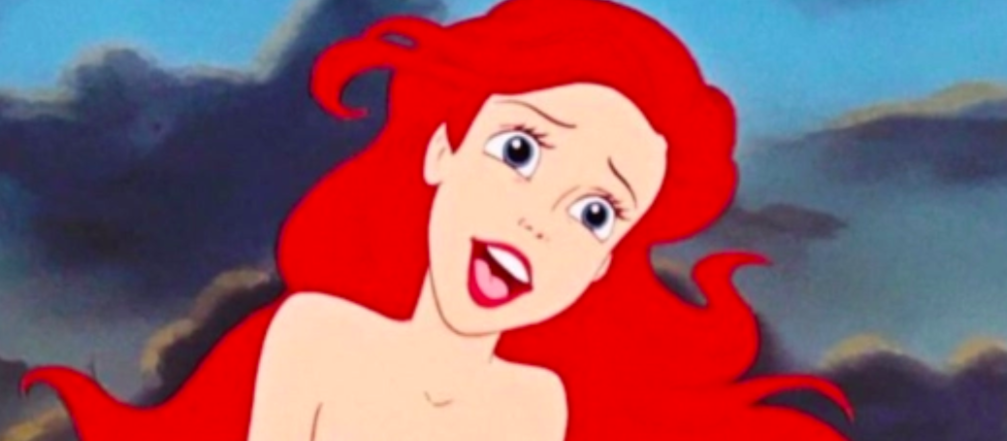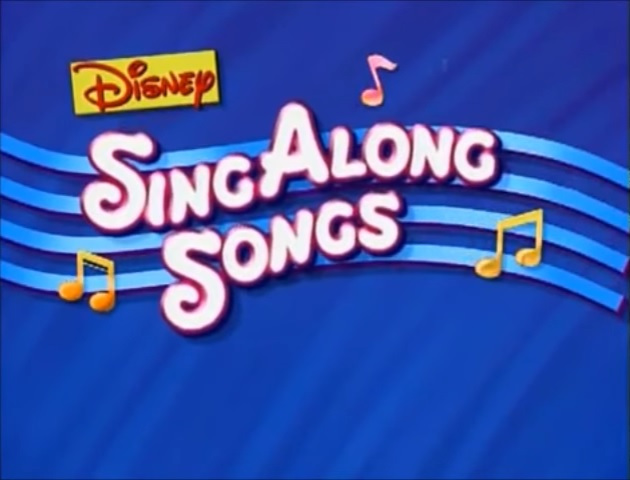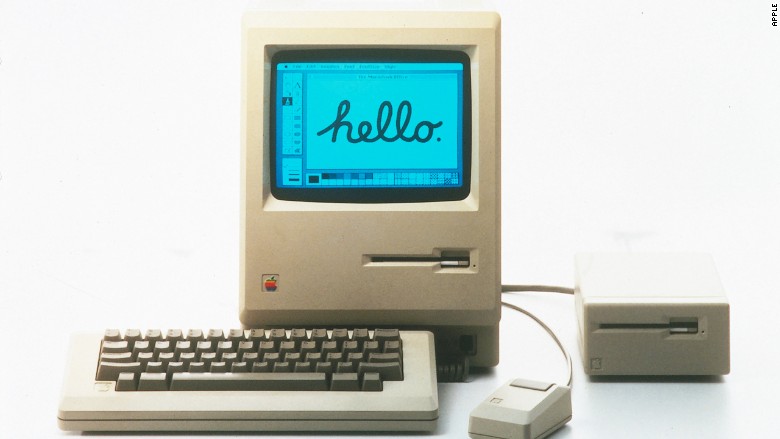The millennials are obsessed with ideology. Probably, this is because they are a generation that saw society transform at hyper-speed during their formative years.
My first memories of video games looked like this:
Cellphones looked like this:
A Mac looked like this:
As I grew up, nothing remained as it was. That creates a profound sense of instability in a person’s psyche.
This, it seems to me, is what led to the millennial fixation on ideology: they felt a need to prioritize categorized ideas as a way to manage a rapidly changing environment.
Ideology is the easy way out, and it has historically only been within the purview of tricky Jews trying to manipulate academic-minded weaklings. But in a time when practical decisions seem impossible because of the rate of change, the natural inclination is going to be to default to these ideological systems.
Or, maybe millennials are just ideology-obsessed because they were almost all totally brainwashed at university.
It has struck me that these ideologies that the millennials hold are all rooted in Disney singalongs. We all heard these a million times as kids. And they laid the framework for all of these different ideological concepts that the millennials use to structure their perceptions of reality.
Fascism/Nazism: “Be Prepared,” The Lion King
https://www.youtube.com/watch?v=0NuwFkmSZ6w
Anarcho-Primitivism: “The Bare Necessities,” The Jungle Book
Environmentalism: “Colors of the Wind,” Pocahontas
https://www.youtube.com/watch?v=O9MvdMqKvpU
Globalism (Mass Immigrationism): “Be Our Guest,” Beauty and the Beast
Pick-Up Artistry: “Prince Ali,” Aladdin
Homosexualism: “Friend Like Me,” Aladdin
Black Liberationism: “I Wanna Be Like You (The Monkey Song),” The Jungle Book
Feminism: “Belle,” Beauty and the Beast
https://www.youtube.com/watch?v=tTUZswZHsWQ
Nihilistic Materialism: “Why Should I Worry,” Oliver and Company
Communism: “Under the Sea,” The Little Mermaid
Conclusion
I think we all now have a better understanding of the sick mind of the millennial generation, who are actually much worse than boomers.
I don’t think the role that Disney cartoons played in shaping the realities of millennials has really been examined much at all, and honestly, this needs a more serious take than this bullshit that I just wrote. I think they should be broken down individually, and the root messages pulled out of them and analyzed. They were all so well done, and we all watched them so many times at our most impressionable ages, that they would have to be among the biggest influences in the formation of our minds.
What’s more, they were pretty much watched in every country in the West, so they were part of the first stages of the global uniculture.
I enjoyed listening to all of these songs in putting this piece together, and now have a desire to go back and watch the movies, few of which I’ve ever seen as an adult, and see what I’m able to draw from them. Maybe I’ll do a series of reviews. Better yet: maybe I’ll write a book entitled: “Faggot Millennials: How Disney Singalongs Shaped the Most Ideological Generation That Ever Existed.”




